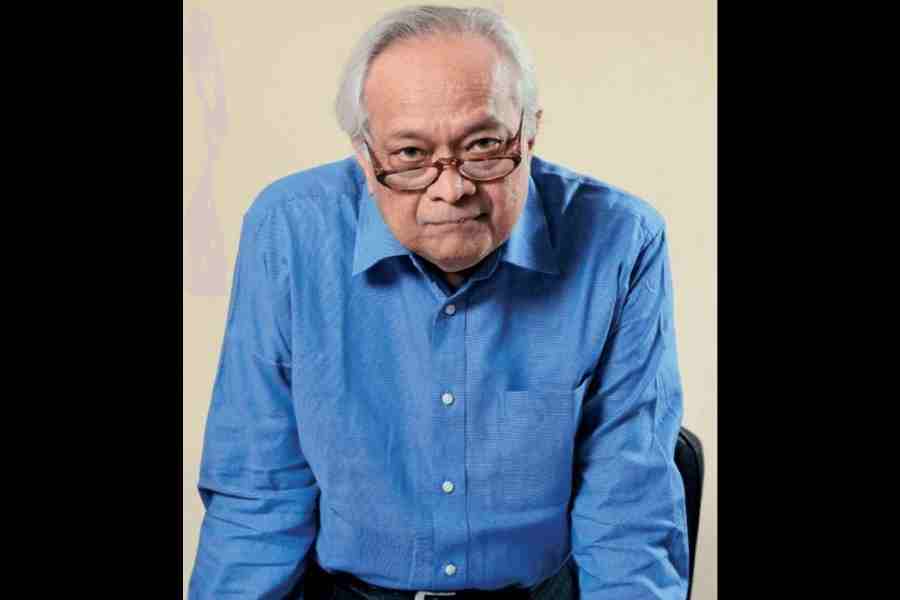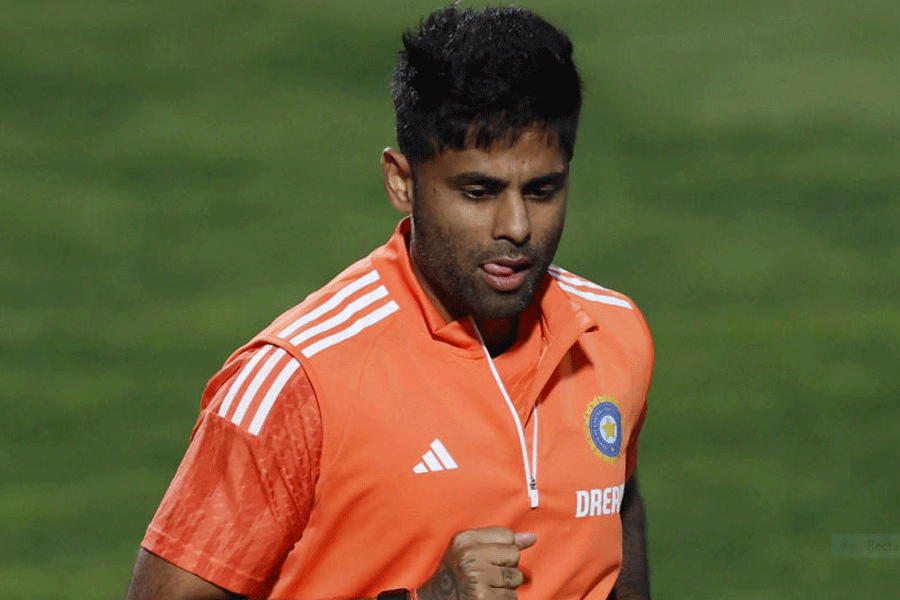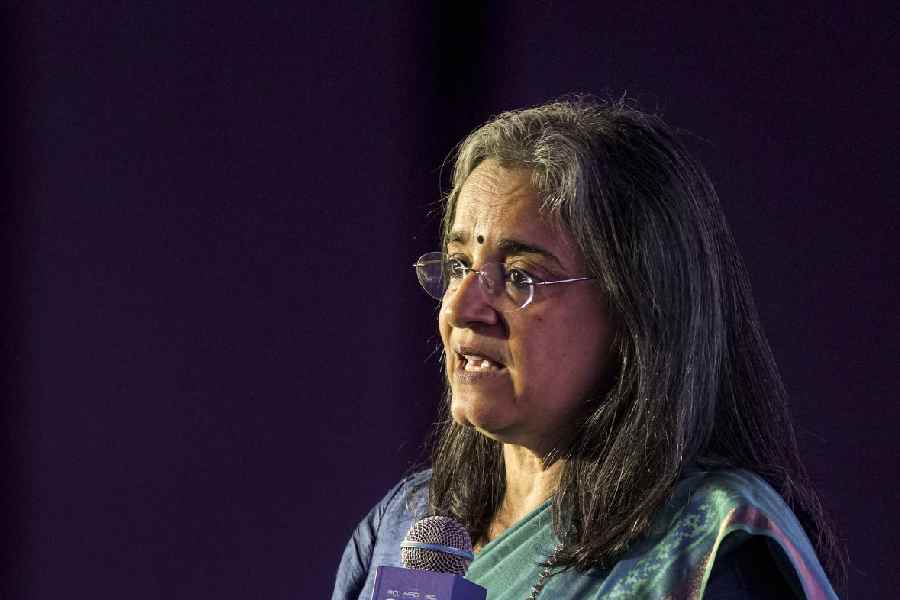Fond memories
The passing of the physicist, Bikash Sinha, has brought back many happy memories. Bikash, who always made me laugh, was one of my closest friends. We used to meet once a week for lunch when he was doing research at King’s College, London, and I had just started out down the road in Fleet Street. We met either at an Italian restaurant, where he would order a carafe of red wine and invariably a black forest gâteau for dessert, or at the India Club where he relished the bhuna lamb.
As a young man, he often affected a cravat and smoked a pipe. After Cambridge, he initially settled in north London with his wife, Debjani. Most evenings I practically lived at their home, where they would turn sausages into a jhol by adding spices and water. They were indulgent in the extreme with the writer, Sasthi Brata, who was a difficult character.
Bikash was always fun and full of laughter. All of life’s problems ended with the question, “Which college?”, he once assured me. On a trip to Italy, his car hit a Rolls-Royce coming round the mountain bend. But peace broke out when the two men discovered they had both been to Cambridge. “Which college?” they asked each other. The two men went off for a drink.
One of my favourite pictures of Bikash is with a bust of Jagadish Chandra Bose, who had also read natural sciences at Christ’s, but some 80 years earlier. One day Bikash and I went off to look at the room which had been occupied by Charles Darwin when he had been a student at Christ’s. We saw each other even after he returned to Calcutta. Irritated by a student andolan, he wrote to me with characteristic humour: “What is ‘cholbena, cholbena’? Nothing is ‘chaloing’ anyway.”
Hint of a scandal
What I hadn’t realised until last week was that J. Robert Oppenheimer, the ‘father
of the atomic bomb’, had also been at Christ’s. “He tried to poison one of the fellows,” remarked Lord Simon McDonald, the Master of Christ’s, at a lunch. He had watched the film, Oppenheimer.
It seems that the real Oppenheimer was accepted at Christ’s in 1924 but didn’t get on with his tutor, Patrick Blackett, an experimental physicist who later became famous for his work on cosmic rays. Oppenheimer left an apple coated in noxious chemicals for Blackett, who fortunately didn’t touch it. The scandal was hushed up and Oppenheimer left Cambridge in 1926 at the invitation of Max Born to study theoretical physics at the University of Göttingen. Oppenheimer and Blackett eventually repaired their relationship.
Intimate bonds
One of the nice things about the United Kingdom is that people from India, Pakistan and Bangladesh can be friends. A good example is The Whole Kahani, a writers’ collective set up by a group of eight women “to showcase exciting new South Asian literary voices.” I recently attended the launch of the third anthology of their short stories, Tongues and Bellies, which follows on from Love Across a Broken Map (2016) and May We Borrow Your Country (2019). Five of the eight women present at the launch — Reshma Ruia, Kavita A. Jindal, Mona Dash (originally from Odisha, she grew up in Calcutta), Nadia Kabir Barb and Deblina Chakrabarty — read extracts from their respective stories.
Asked how she tackles sex in her stories, Ruia said she preferred to use the word, ‘intimacy’, adding, that “Intimacy is an important bedrock of a relationship... Intimacy or lack of it can be the big elephant in the room for my characters. And intimacy, of course, doesn’t just have to be physical; it can be emotional, it can be tangible, it can be intangible. Moreover, we all know that sex is never only about sex, it can be a substitute for so many things — revenge, power, loneliness, self-esteem...”
She did not want to use sex “just to titillate the reader... For me, the intimacy serves as a tool to reveal the inner life of a character... and provide a window into the character’s mind and inner landscape. For me, it doesn’t need to be explicit or vulgar. I think subtle suggestiveness and implied is much more powerful. A lot is left to the reader’s imagination.”
Dark record
To mark August 15, the Financial Times had a leader that argued that “without reform New Delhi will be unable to capitalise on the country’s potential.” It said that “a look back at the progress made since Modi’s rallying cry only underscores the good, the bad, and the ugly sides of the country’s new assertiveness.” According to the FT, “democratic values have also taken a beating under Modi’s Hindu nationalist Bharatiya Janata party. Press freedoms have declined across the country… Meanwhile, there has been a troubling rise in targeted attacks on religious minorities, including Muslims and Christians, as outlined in a recent US State Department report.”
Almost identical points were made by the historian, Ramachandra Guha, who was given nearly a page in the Sunday Times. “On the positive side, Modi’s embrace of new digital technologies has made India a world leader in online commerce, while also reducing corruption in the provision of welfare benefits,” he said. But he found that “the Modi government’s political record is darker.”











